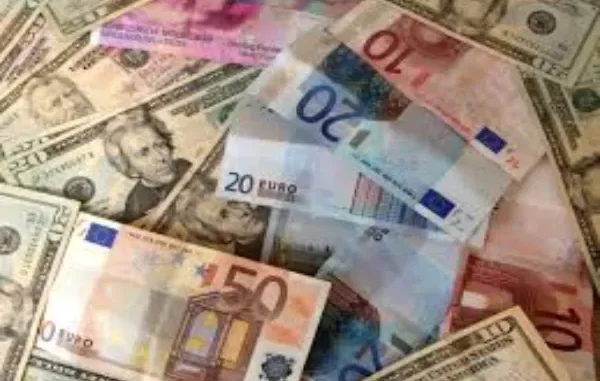
In an era dominated by digital transactions and contactless payments, the role of cash in our daily lives has undergone a profound transformation. Once considered the primary mode of exchange, physical currency has faced competition from an array of digital alternatives ranging from credit cards to cryptocurrencies. As we navigate the shifting landscape of financial transactions, it’s essential to explore the enduring significance of cash and its evolving place in the modern world.
A Historical Constant

Cash, in its various forms, has been a constant companion in human civilization’s journey through time. From shells and metal coins to paper bills, the concept of currency has evolved to meet the needs of changing economies. Throughout history, physical cash has facilitated trade, commerce, and economic growth, serving as a tangible representation of value.
The Rise of Digital Alternatives
In recent decades, the advent of technology has revolutionized the way we transact. Digital payment methods, such as credit and debit cards, mobile wallets, and online banking, have gained prominence due to their convenience and efficiency. These alternatives allow for seamless transactions, eliminate the need for physical cash, and offer added security features.
The Allure of Contactless Transactions
The COVID-19 pandemic has accelerated the adoption of contactless payments, further challenging the role of physical cash. Contactless transactions offer a hygienic solution that aligns with health and safety concerns, reducing the need for direct physical contact with surfaces. The convenience of waving a card or tapping a smartphone has made digital payments a preferred choice for many.
Financial Inclusion and Accessibility

While the digital age has brought numerous benefits, it’s important to consider the implications for those who may not have easy access to digital payment methods. In many parts of the world, physical cash remains a lifeline for the financially underserved. Cash ensures that people without access to sophisticated banking infrastructure can still participate in economic activities and manage their finances.
Privacy and Control
Cash offers a level of anonymity and privacy that digital transactions may not provide. For individuals concerned about data breaches, surveillance, or tracking of their financial activities, cash can be a preferred method of payment. Cash transactions do not leave a digital footprint and allow for a sense of control over one’s financial information.
Cultural and Emotional Significance
Physical currency often holds cultural and emotional significance. Coins and bills can be symbolic representations of a nation’s history, identity, and values. Many countries feature historical figures, landmarks, and artwork on their currency, fostering a sense of pride and connection to heritage.
Mitigating Financial Vulnerabilities

In times of economic instability or during disasters that disrupt digital infrastructure, cash can provide a safety net. When power outages or technological glitches occur, physical currency ensures that individuals can still access necessities and services.
The Coexistence of Cash and Digital Transactions
As we explore the evolving landscape of financial transactions, it’s crucial to recognize that the shift from cash to digital alternatives does not necessarily imply the complete elimination of physical currency. Instead, we are witnessing the coexistence of these two modes of exchange, each serving distinct purposes and meeting the diverse needs of individuals and societies.
A Balanced Approach
The ongoing dialogue surrounding cash versus digital payments calls for a balanced approach that considers both convenience and inclusivity. While digital transactions offer speed and efficiency, cash remains a resilient and universal means of exchange. As we forge ahead into an increasingly digital future, it’s essential to preserve the option of using physical currency to ensure that financial participation remains accessible to all.
In the grand tapestry of human economic interaction, cash retains its place as a timeless symbol of value and exchange. As we navigate the complexities of modern finance, acknowledging the continued importance of physical currency while embracing digital innovations will ultimately contribute to a more inclusive and equitable financial landscape.






Leave a Reply